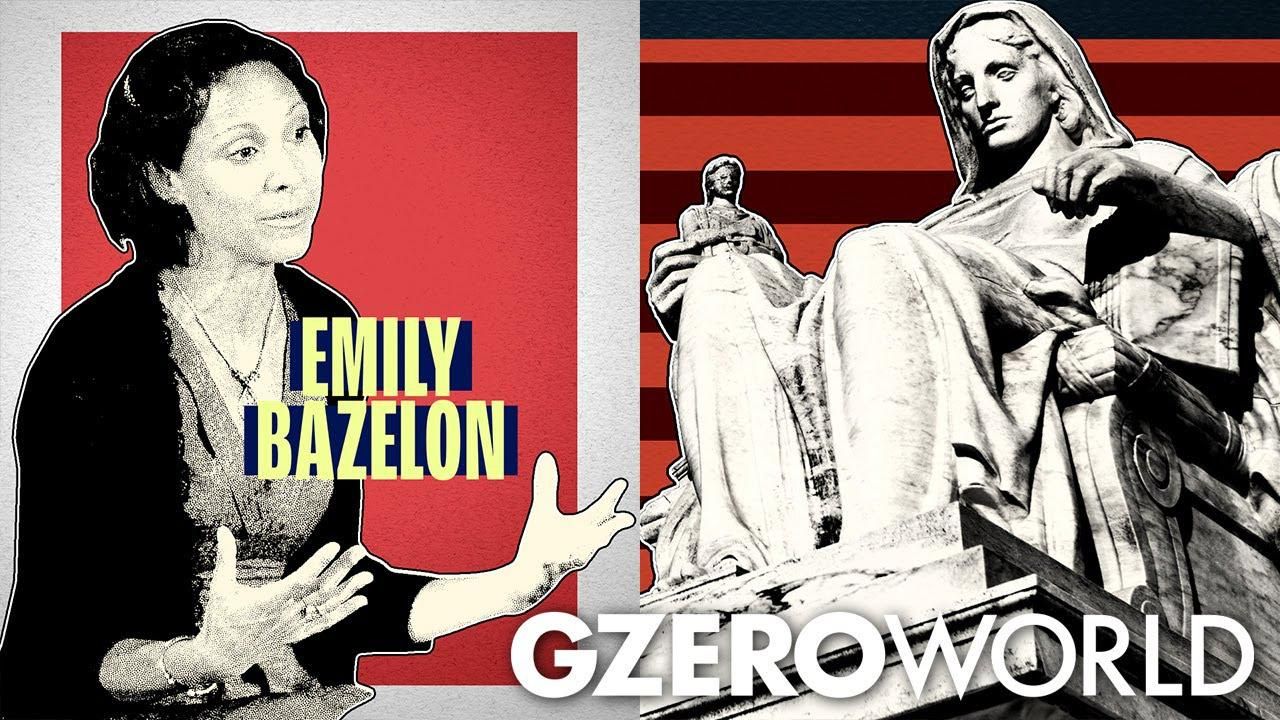GZERO World Clips
The political machine that took down Roe v. Wade

The Political Machine That Took Down Roe v. Wade | GZERO World

50 years ago, when the Supreme Court granted the constitutional right to abortion, the country was far less divided than is it today. Now with that Roe v. Wade decision overturned, roughly half the states have "trigger laws" on the books restricting abortion, New York Times columnist Emily Bazelon tells Ian Bremmer on GZERO World.
From a constitutional perspective, Bazelon says that abortion decisions today depend "on what you think of the idea that abortion is fundamental to women's liberty and equality" — a hard sell for what she calls a "maximalist" conservative majority on the court.
Bazelon adds that access to abortion pills is going to turn into a big legal battle. The Justice Department is working to ensure states can't ban abortion pills, which are federally approved, but Congress (as a whole) will be a tough sell.
But much of the rest of the world has been moving in the opposite direction. Largely Catholic countries in Latin America and Europe have legalized abortion, while African nations have rolled back or are rethinking colonial-era abortion bans. Regardless, the SCOTUS ruling will make waves around the world.
In this "ask ian," Ian Bremmer analyzes Trump’s recent meeting with Zelensky and how close (or far) Russia and Ukraine are from a peace deal.
Syrian President Ahmed al-Sharaa attends the military parade of the Syrian army in Umayyad Square in central Damascus to mark the one-year anniversary of the fall of the Assad regime, on Dec. 8, 2025.
A year ago this month, Syria’s brutal dictatorship collapsed. There are signs of recovery, but sectarian violence threatens to undermine the optimism.